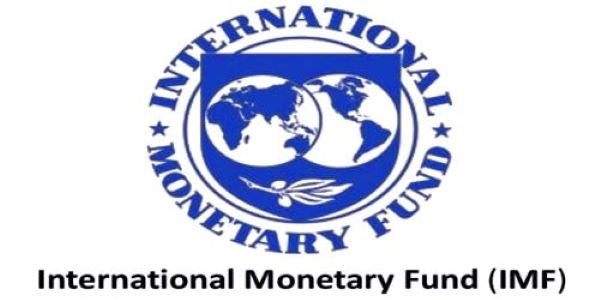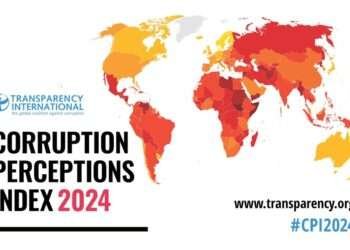The International Monetary Fund (IMF) asserts that gender budgeting can help to stimulate economic recovery amid the coronavirus pandemic.
Additionally, the IMF hints that gender budgeting brings the powerful tool of national budgets to bear on gender inequalities. It integrates gender into the policies and processes of public financial management.
“While strengthening gender budgeting is a continuous and long-term investment, we lay out an actionable toolkit— no matter a country’s previous experience— to jumpstart the process”.
IMF
Furthermore, the IMF encourages governments to budget with women in mind. This is as a result of the disproportionate impact of pandemic on women. Also, they posit that this will improve economic well-being for all.
“Women have borne the economic and social brunt of the pandemic. With many governments preparing budgets for the next fiscal year, we now have a golden opportunity to counter this inequity”.
“Failing to do so risks long-term scarring that will cement women’s disadvantage and harms the prospects for recovery”.
IMF
Guide to gender budgeting
As part of a coherent gender strategy that focuses on need, the IMF highlights the following gender budgeting steps:
The starter kit
First, assemble evidence to assess the impact of the pandemic and lockdown on women and girls. This is to give a sense of the extent of the problem. Also, questions to consider include: How are the country’s female-dominated sectors faring? Do women rely more heavily on scaled-back public services?
Next, presenting the evidence in a single document, such as a Gender Needs Assessment, can focus efforts. The IMF mentions that this can be done quickly using phone and online surveys.
Design
Secondly, the IMF hints that the best policy intention in the world cannot overcome poor policy design. This evidence emphasizes the need to focus policy responses.
“Gender Impact Assessments can strengthen that design by assessing the proportion of female beneficiaries, and potential barriers to access”.
IMF
More importantly, such assessments can also highlight unintended gender bias. For example, a wage subsidy scheme might leave out informal sector workers— predominantly female— or a tax policy could discourage women from working.

Allocating resources
Third, it is crucial to allocate sufficient resources to gender policies to transform goals into action. For instance, the IMF has supported increasing allocations towards women.
Therefore, 2021 Budget Circulars should incorporate priority policy areas, including in health, nutrition, and social protection, that support women. Additionally, the IMF posits that this will provide confidence and transparency to the public.
“As governments prepare budgets for next year, anchoring gender policy goals through Budget Circulars and Gender Budget Statements…ensures sufficient resources are channeled to these goals”.
IMF
Track and evaluate
Finally, track expenditures and evaluate impacts. Tracking gender-focused funds in the budget, light-touch policy evaluations, and gender performance audits can provide timely feedback. Consequently, this will facilitate correction where necessary, and ensure that policies are working.
IMF’s commitment to gender equality
The IMF reveals that it remains deeply committed to gender equality. Notably, IMF has worked with 113 member countries on implementing budgetary practices, allocations, and tax policies to promote gender equality.
“Since the start of the pandemic, over 55 countries have invested in gender budgeting training with the Fund.
“Almost all countries have gender equality goals, but an IMF survey finds only half have legal frameworks to carry them out. Only a quarter use established practices such as Gender Budget Statements and Gender Impact Assessments”.
IMF
In conclusion, the IMF said although some countries have already implemented gender budgeting, and others are novices, there is room for improvement.
“Recovery from the pandemic is an opportunity to accelerate progress and reap the dividends”.
IMF





















